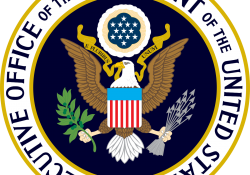KEI Statement on WHA resolution on Consultative Expert Working Group on Research and Development: Financing and Coordination
KEI Statement on World Health Assembly resolution on Consultative Expert Working Group on Research and Development: Financing and Coordination
A number of developing countries worked together to push the World Health Assembly to create a member state process to consider the implementation of the CEWG. The most important CEWG recommendations are to begin work on a new WHO Convention on R&D financing, and to de-link R&D costs from drug prices.

